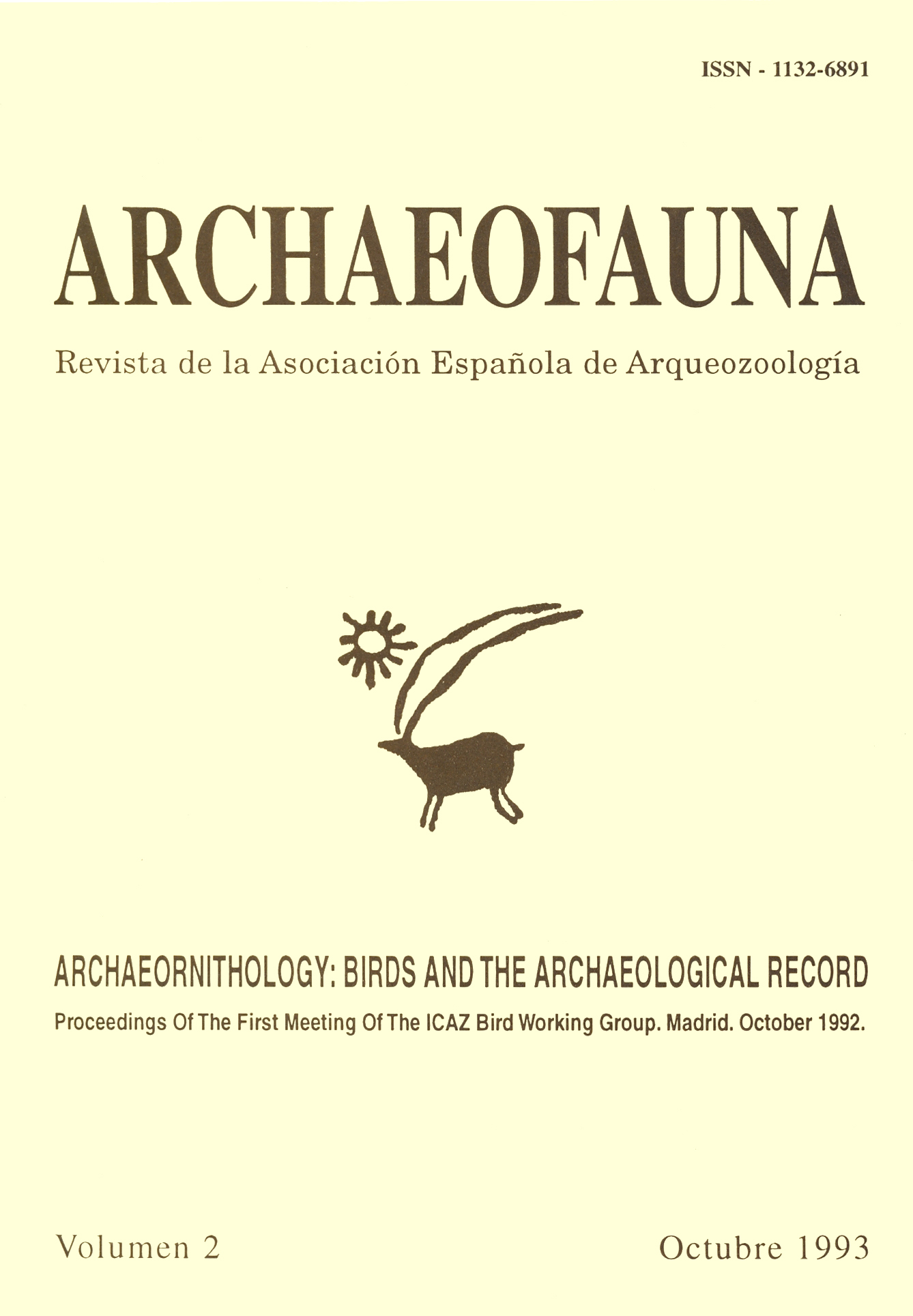Keywords:
The Netherlands, Nijmegen, Military Settlement, Roman Period, Archaeozoology, Preserved Food, Import of Food, Food Trade, Birds, Song Thrush, Turdus PhilomelosAbstract
In a military settlement in Roman Nijmegen, the Netherlands, a cork urn was found containing bird bones. A combination of archaeological, petrological and archaeozoological information leads to the conclusion that this cork urn had been used to transport a delicacy, preserved briskets of song thrushes, from the Ardennes or Eifel to Nijmegen. This find is a new indication that animal food products were imported from elsewhere. This find is also another link in the investigation of the function of cork urns, a type of pottery belonging to the group known as Gallo-Belgic wares. Roman literary sources make clear that thrushes were a profitable delicacy and give indications for the possibility that these types of pots were sealed with pitch and gypsum to preserve their contents.

